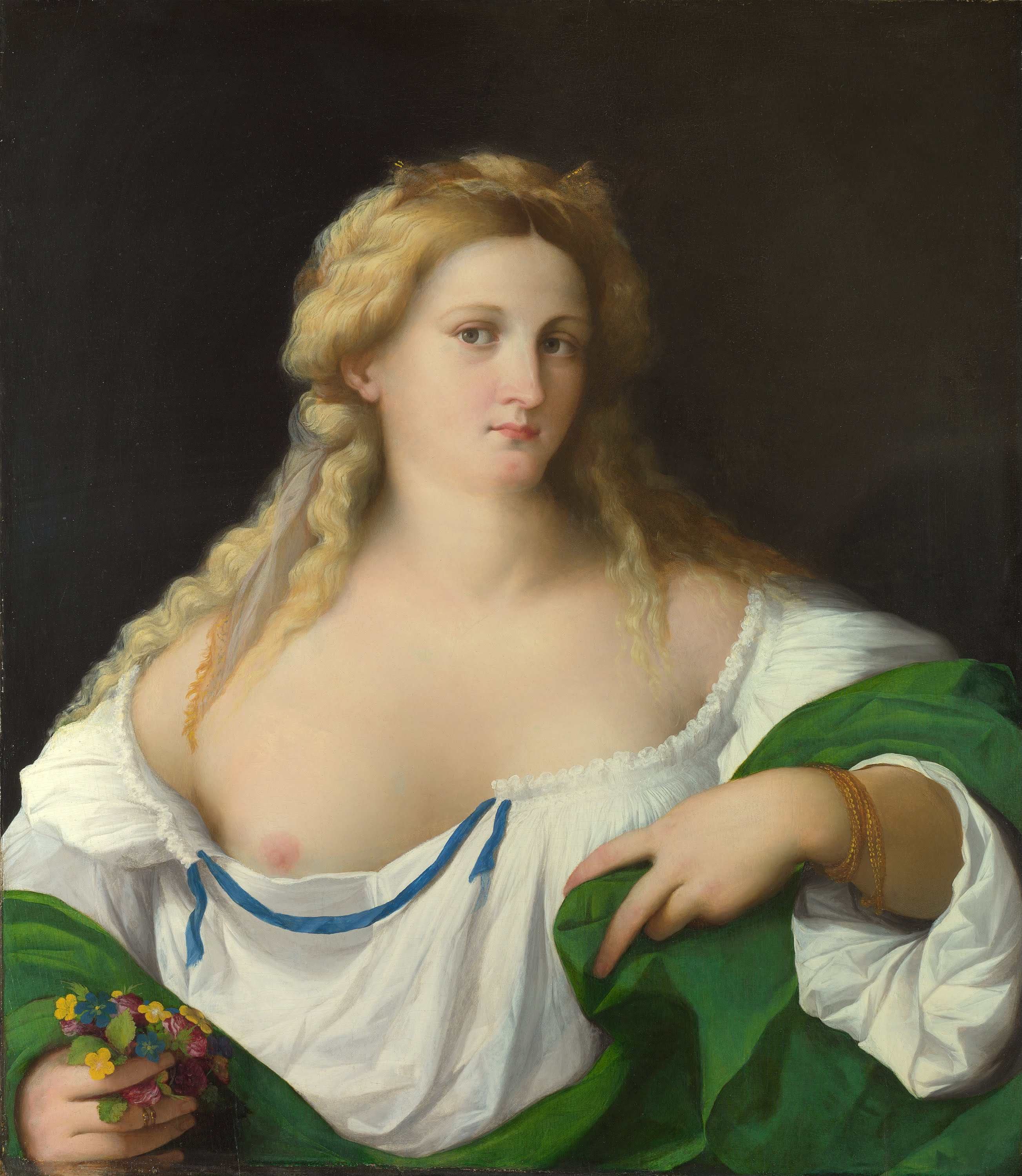The Bill (short Story) on:
[Wikipedia]
[Google]
[Amazon]
 ''The Bill,'' or ''The Bill: For Palma Vecchio, at Venice'', is a 2010 short story by the Hungarian writer
''The Bill,'' or ''The Bill: For Palma Vecchio, at Venice'', is a 2010 short story by the Hungarian writer
 ''The Bill,'' or ''The Bill: For Palma Vecchio, at Venice'', is a 2010 short story by the Hungarian writer
''The Bill,'' or ''The Bill: For Palma Vecchio, at Venice'', is a 2010 short story by the Hungarian writer László Krasznahorkai
László Krasznahorkai (; born 5 January 1954) is a Hungarian novelist and screenwriter known for difficult and demanding novels, often labeled postmodern, with dystopian and melancholic themes. Several of his works, including his novels '' ...
, translated and published in English in 2013. It is a single 14-page sentence addressed to Venetian Renaissance painter Palma Vecchio
Palma Vecchio (c. 1480 – 30 July 1528), born Jacopo Palma, also known as Jacopo Negretti, was a Venetian painter of the Italian High Renaissance. He is called Palma Vecchio in English and Palma il Vecchio in Italian ("Palma the Elder") to di ...
. The book features several reproductions of Palma Vecchio's portraits. It was translated by George Szirtes
George Szirtes (; born 29 November 1948) is a British poet and translator from the Hungarian language into English. Originally from Hungary, he has lived in the United Kingdom for most of his life after coming to the country as a refugee at the ...
, and originally published in English by Sylph Editions, as part of their Art Monographs series.
Synopsis
An unidentified narrator is addressing the painter Palma Vecchio about the way in which he paints the Venetian whores that the narrator supplies. The models are uneasy with Vecchio, because unlike his fellow painters, he does not touch or have sex with them. Instead, they remark on the way in which he unceasingly stares at them. The narrator remarks how peculiar it is that the women are portrayed in the paintings the same way regardless of their actual appearance. Vecchio paints his models as fat and blonde, and often exposing a single breast. The narrator speculates many reasons as to this peculiar behavior, but settles on a rumination that we are our bodies, and are animals trapped in minds, and that the true moment of excitement we seek is the moment in our sexual partner's eyes when they become an animal again--present in the moment and grounded in flesh. This moment of animal desire, the narrator theorizes, is the true subject of Vecchio's paintings. He makes his models so uncomfortable because he is looking past their particular bodies to find desire absent from memory.References
Works by László Krasznahorkai Hungarian literature Short stories about artists 2010 short stories {{2010s-story-stub